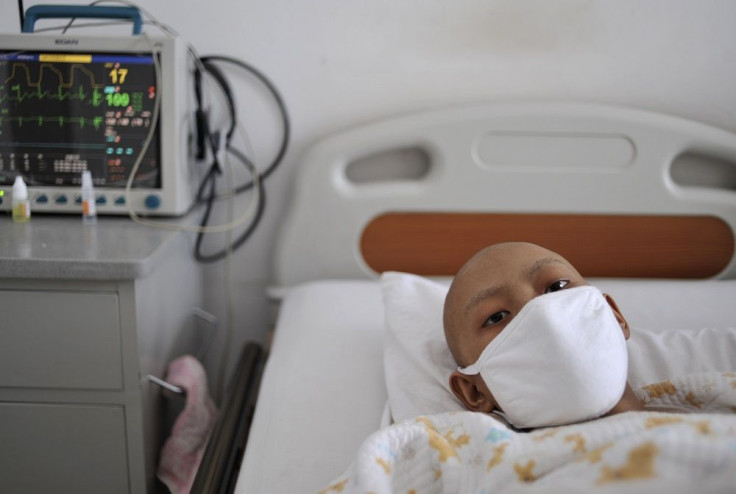US FDA approves cancer drug that melts away cells in Melbourne trials

The US Food and Drug Administration (FDA) approved venetoclax, a cancer drug which was developed and held clinical trials in Melbourne for patients with 17p deletion, a chromosomal abnormality, and have tried at least one other treatment. The medication, now available for prescription outside clinical trials, is for a subtype of chronic lymphocytic leukaemia (CLL).
European drug regulators are also considering the use of venetoclax, while the medication is expected to be registered in Australia over the coming years, reports Herald Sun. The drug overrides the BCL-2 protein, the key to cancer cell survival
Almost 80 percent of the 116 participants in the first human clinical trial in Melbourne positively responded to venetoclax, says Professor Andrew Roberts, clinical haematologist and head of clinical translation at the Walter and Eliza Hall Institute of Medical Research scientists. He shares that most of the participants failed to be controlled by other treatments available, with venetoclax as their last option.
The drug, made by pharmaceutical company AbbVie, melted CLL in 20 percent of the trial participants, reports 3AW. Among those who had experienced the melting of the CLL is 68-year-old Vic Blackwood whose lymph nodes on the neck had expanded to the size of golf balls, while those under his arms were as large as grapefruits.
Blackwood, who was so week he was in bed 20 hours a day, was given three weeks to live. After two years of venetoclax therapy at the Royal Melbourne Hospital, the lumps were gone and no cancer cells could be detected on his body.
With the FDA approval, Roberts says the local regulator would likely give also the drug its green light signal. But he adds that government subsidy is vital since it would cost overseas users US$100,000 (A$131,031) a year.
There are several more ongoing clinical trials in Melbourne to test venetoclax when combined with other anti-cancer drugs to further boost survival rates.
VIDEO: Venetoclax (ABT-199/GDC-0199) plus rituximab shows promise in relapse/refractory CLL
Source: European Medical Journal





















